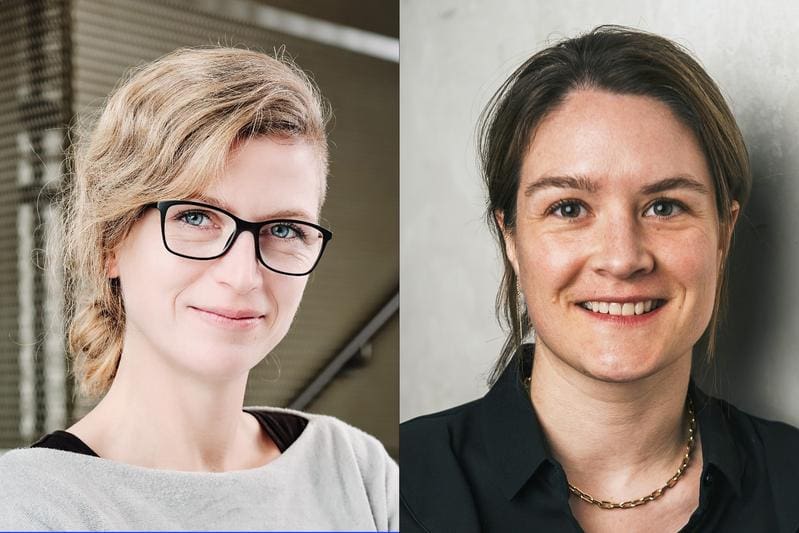New Kiel University microbiome platform strengthens interdisciplinary research in Kiel
Kiel University (CAU) is building a new microbiome platform over five years with funding of 800,000 euros from the German Research Foundation (DFG). This combines state-of-the-art analytical methods to comprehensively investigate the composition and function of microbiomes ŌĆō the community of microorganisms in humans, animals and plants. The platform, located in the Kiel Microbiome Center (KMC) and the Cluster of Excellence PMI, offers services to researchers worldwide and strengthens Kiel microbiome research.

The platform is created by the merger of two established institutions: The Microbiome Laboratory at the Institute of Clinical Molecular Biology (IKMB), headed by PD Dr. Corinna Bang, specializes in the sequencing of samples, especially for the identification of microbial species in stool samples. The research group of Professor Mathilde Poyet at the Institute of Experimental Medicine (IEM) focuses on experimental approaches to characterize the functions of microbes, such as their metabolites and interactions. Poyet’s group has already built biobanks such as the Global Microbiome Conservancy with thousands of bacterial strains from samples around the world that are available for research.
By combining both expertises, researchers can clarify not only which microbes are present, but also what roles they play in health and disease. This provides insights into disease processes or differences between healthy and diseased organisms. The platform analyses samples from a wide range of origins ŌĆō from human to plant and animal ŌĆō and is open to both Kiel University researchers and external partners. It is already registering international inquiries.
In addition to analyses, the platform offers training for young researchers and laboratory staff, including partners from developing and emerging countries who are involved in the Global Microbiome Conservancy. Practical research stays are also planned to promote knowledge transfer.
The platform strengthens the collaboration between IKMB, IEM, the CCGA sequencing platform and the bioinformatics platform. It supports collaborative projects such as the Cluster of Excellence PMI, the CRC 1182 “Origin and Function of Metaorganisms” and the DFG research group “miTarget”. According to Joachim Thiery, Dean of the Faculty of Medicine, the platform increases Kiel’s international visibility as a top location for microbiome research and creates synergies for numerous working groups.
The funding underlines the importance of the microbiome for the health of host organisms. By combining data generation and functional analysis, the platform contributes to a better understanding of the interaction between microbes and hosts at the molecular level ŌĆō a key to advances in medicine and life sciences.
PREVIEW: The German Congress of Laboratory Medicine (DKLM) 2025 promises exciting insights into the interface between science and clinical practice. Under the motto “Science for Precision Medicine”, the German Society for Clinical Chemistry and Laboratory Medicine (DGKL) and the Umbrella Association for Technologists and Analysts in Medicine Germany (DVTA) invite experts from research, clinics and industry to meet on October 23 and 24 at the Congress Center Leipzig (CCL). The two-day event is aimed at laboratory physicians, biomedical analysts and decision-makers to discuss current advances in diagnostics and strengthen networks. The ceremonial opening of the congress will take place on 22 October with the presentation of the MedLabAwards in the Salles de Pologne.
Editor: X-Press Journalistenb├╝ro GbR
Gender Notice. The personal designations used in this text always refer equally to female, male and diverse persons. Double/triple naming and gendered designations are used for better readability. ected.




